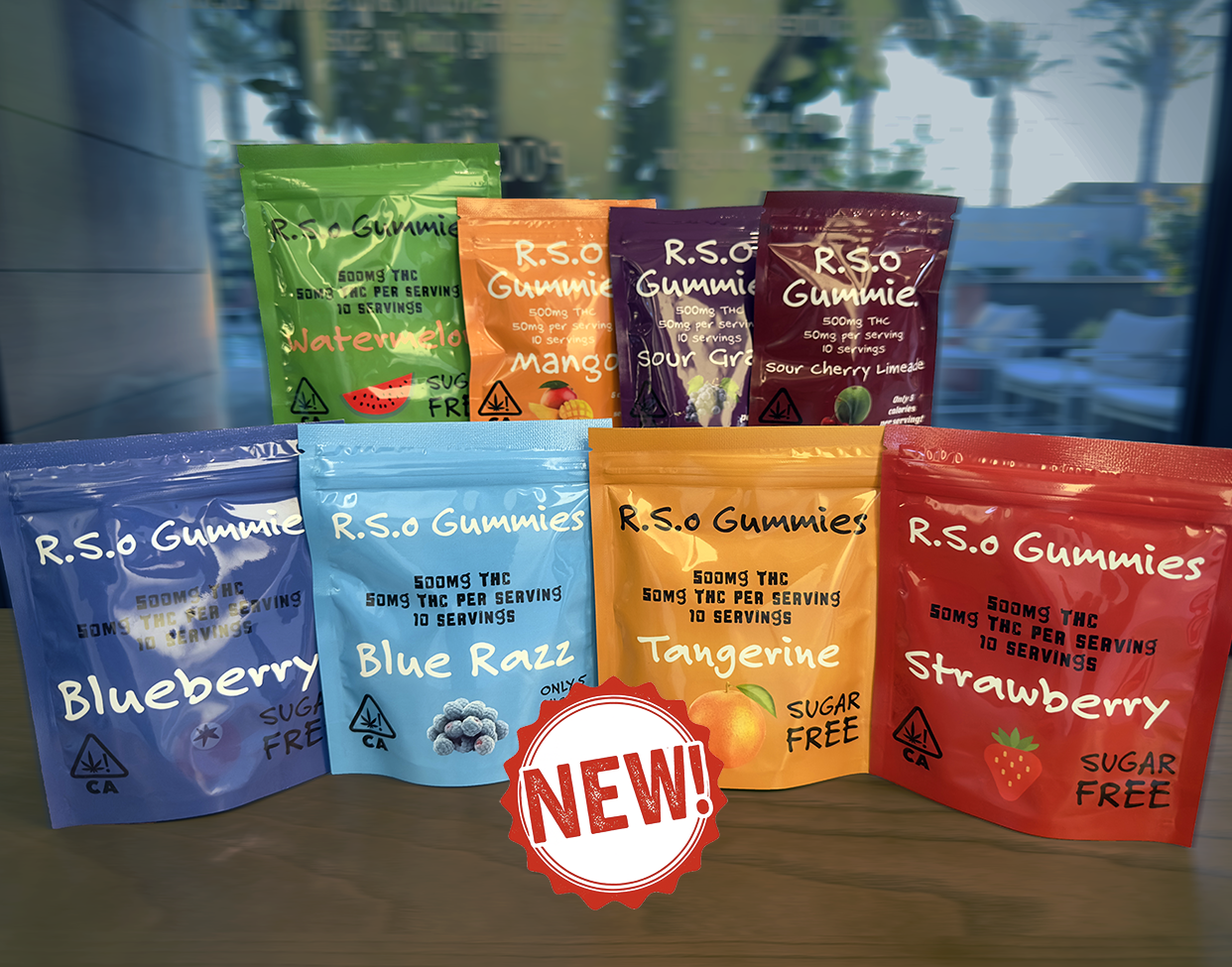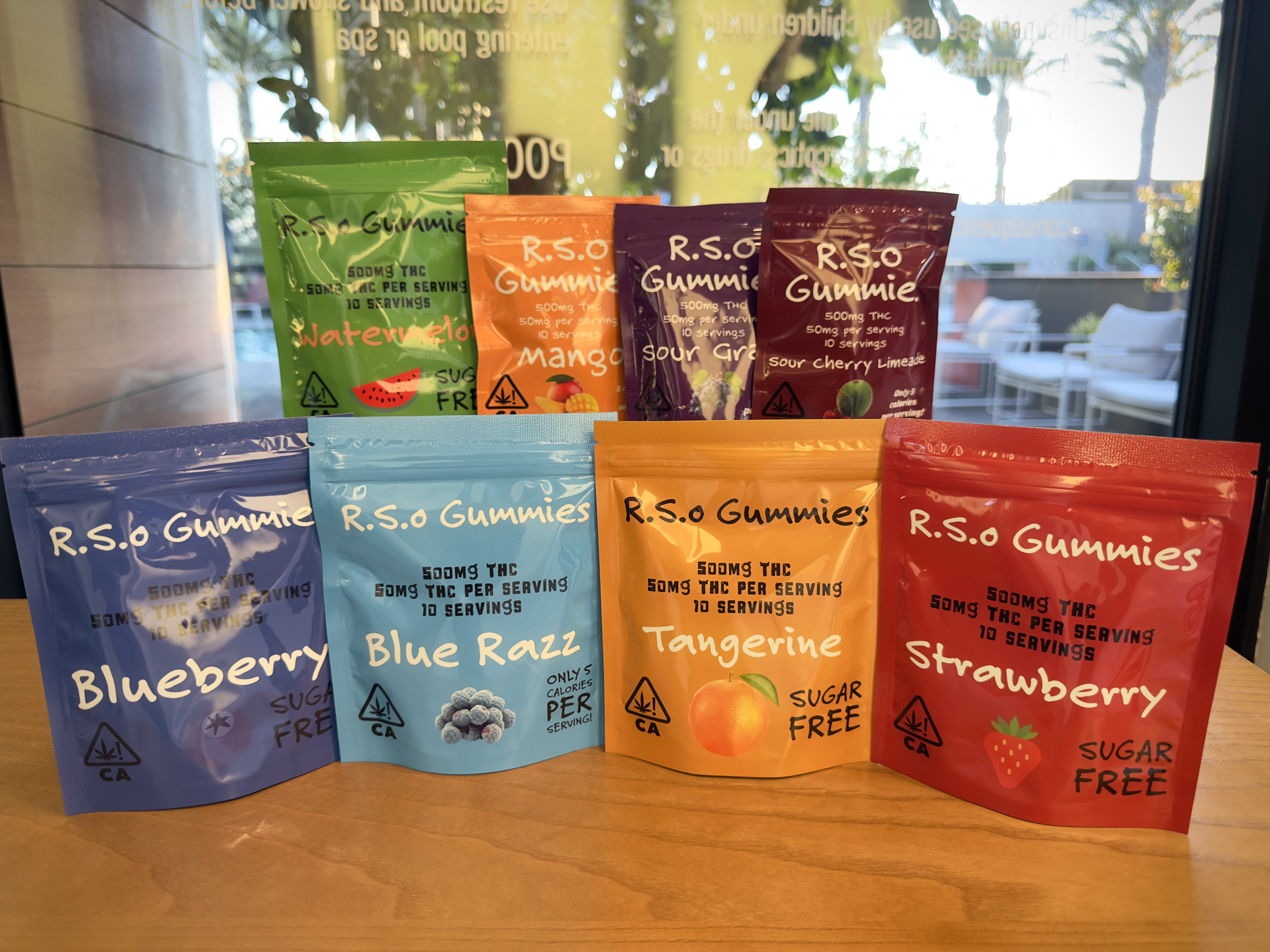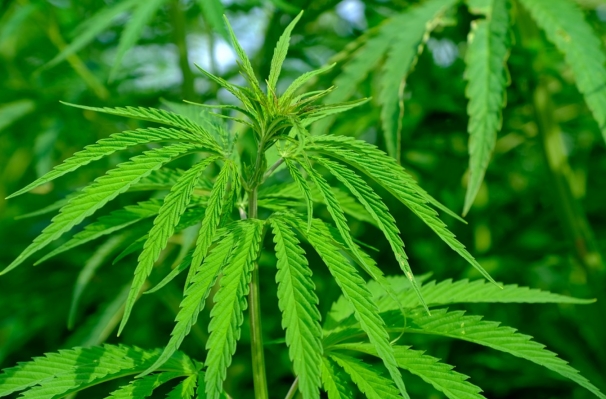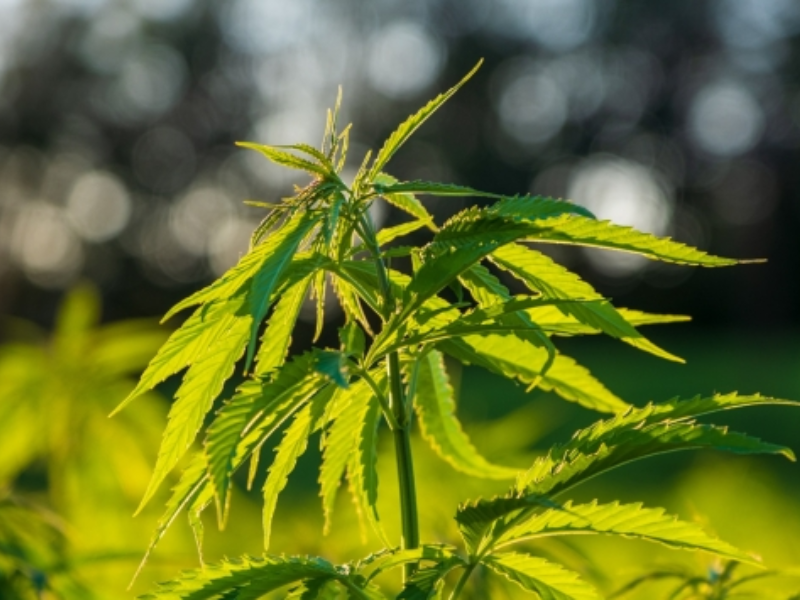Rick Simpson Oil (RSO) and distillate are both powerful cannabis extracts, but they serve different purposes.
RSO is a full-spectrum cannabis oil that preserves cannabinoids, terpenes, and flavonoids for a stronger therapeutic effect. With its high THC content, it’s often used by patients treating serious conditions.
Distillate, on the other hand, is a refined extract that isolates a single cannabinoid, usually THC or CBD, for maximum potency. It’s often used in vapes, edibles, and dabs, especially for recreational purposes.
In this guide, we’ll compare RSO and distillate by potency, cannabinoid content, and common uses to help you find the right fit for your needs.

What is RSO?
Rick Simpson Oil (RSO) is a full-spectrum cannabis extract known for its high THC content and powerful effects. It was originally created by Rick Simpson, a Canadian medical cannabis advocate who used it to treat his own skin cancer and later shared his method publicly.
What sets RSO apart is that it keeps all the natural compounds found in cannabis, like cannabinoids, terpenes, and flavonoids, so you get the full therapeutic potential of the plant.
Because it’s so potent, RSO is mostly used for medical reasons, especially to help with cancer, chronic pain, and other serious health conditions.
What is Distillate?
Distillate is a purified cannabis extract that isolates a single cannabinoid, usually THC or CBD, for maximum potency (although in this context, “distillate” usually refers to THC distillate, specifically).
It’s made by stripping away other plant compounds through winterization and fractional distillation, producing a golden, nearly flavorless oil that’s typically 90% or more pure.
Unlike full-spectrum extracts like RSO, distillate doesn’t contain terpenes, flavonoids, or supporting cannabinoids unless reintroduced after processing.
Distillate is mostly used recreationally, especially in vapes, dabs, and edibles. It’s potent, versatile, and flavorless, ideal if you want strong effects without the added plant compounds found in full-spectrum extracts like RSO.
RSO vs. Distillate: Differences & Similarities
RSO and distillate are both cannabis extracts, but they differ in how they’re made, what they contain, and how they affect the body.
How They’re Made
RSO is typically made using ethanol, which extracts all the cannabinoids, terpenes, and other plant compounds from cannabis. The mixture is then reduced down into a thick, tar-like oil.
RSO retains chlorophyll, fats, waxes, and other natural compounds, making it a true full-spectrum extract.
Distillate goes through a more refined purification process.
Distillate is first winterized to remove fats and waxes, then purified through fractional distillation. This strips away everything except the target cannabinoid, usually THC.
RSO preserves the full spectrum of plant compounds, while distillate isolates THC and strips the rest away.
Cannabinoid Composition
RSO contains a wide range of cannabinoids, like THC, CBD, and CBG, along with terpenes, plant lipids, and other natural compounds.
RSO’s full-spectrum mix supports the entourage effect, where the plant’s compounds work together for stronger, more balanced effects.
Distillate, on the other hand, is stripped down to a single cannabinoid, usually THC, with purity levels of 90% or more. It’s potent, but lacks the added depth of RSO’s full-spectrum profile.
If you want the full benefits of the plant, not just high THC, RSO gives you more than raw potency.
Potency & Effects
THC Distillate is highly potent, often testing at 90% THC or more.
Its effects hit fast and hard, making it popular if you’re looking for a quick, intense high. But some people find that it feels flat or overly sharp, especially in higher doses.
RSO usually ranges from 50-80% THC, but what it lacks in sheer potency, it makes up for in depth. Thanks to its full-spectrum profile, you may experience effects that feel more grounded and body-focused.
It’s the kind of high that builds slowly and lasts longer, often better suited for chronic symptoms or therapeutic use.
If you want strong and straightforward, distillate delivers. But if you’re looking for longer-lasting relief with more nuance, RSO tends to offer a more complete experience.
Uses & Benefits
Distillate is mostly used for recreational purposes. You’ll find it in vape cartridges, dab rigs, and edibles where high THC and fast-acting effects are the main goal.
Distillate can also show up in wellness products like CBD tinctures or THC capsules.
RSO is more commonly chosen for therapeutic use. Patients turn to it for help managing chronic pain, inflammation, appetite loss, and sometimes as part of cancer care routines (though it’s not FDA-approved).
RSO’s full-spectrum profile offers broader effects that can feel deeper and longer-lasting.
Both have their uses, but if you’re looking for full-body relief over a fast high, RSO is the better fit.
Consumption Methods
RSO is usually taken orally, either swallowed on its own or placed under the tongue.
You can also use RSO topically or as a suppository for localized or full-body relief. Because of its thick texture and leftover plant material, RSO isn’t made for smoking or vaping.
Distillate is much more flexible. You can vape it, dab it, eat it, or mix it into oils and edibles. It blends easily into carrier oils and food, which makes it a go-to for flexible, low-key use.
Side Effects
Distillate’s high THC content can trigger strong intoxicating effects, especially if you’re new to cannabis or have a lower tolerance.
Anxiety, paranoia, or racing thoughts are more common with distillate, since it lacks the balancing compounds found in full-spectrum products.
RSO can also produce a powerful high, but it may feel more grounded thanks to its full-spectrum mix of cannabinoids and terpenes.
That said, RSO’s richness in plant compounds like waxes and chlorophyll can make it harder on your stomach, and has a strong, bitter taste you might not enjoy
Both may cause dry mouth, fatigue, or red eyes, but the overall experience depends on the product and your personal tolerance.
How to Take RSO
RSO comes in several forms, so you can choose what works best for your routine.
- RSO Syringes: RSO syringes give you the most control. You can place the oil under your tongue, swallow it, or mix it into food. Start with a one-third the size of a grain of rice and go slow—it’s sticky, strong, and a little goes a long way.
- RSO Tinctures: Tinctures are easier to measure and designed for sublingual use. Start with a small drop under your tongue and hold it there for quicker absorption. They’re less messy than syringes and often diluted in carrier oils for a smoother experience.
- RSO Edibles: Edibles like RSO gummies or baked goods come pre-dosed and taste way better than raw oil. Take one and wait 45 minutes to 2 hours for it to kick in. The effects last for hours and deliver long-lasting relief in a discreet, flavorful form.
- RSO Capsules: Capsules are the easiest way to take RSO. Just swallow one like a supplement. They’re great for daily use, though you can’t fine-tune your dose like you can with syringes or tinctures. Expect effects in 60 to 90 minutes.
- RSO Suppositories: Suppositories are used rectally or vaginally for deep, targeted relief without a heavy head high. They bypass digestion, kick in within 15 to 30 minutes, and deliver a more physical effect with less mental fog.
How to Take Distillate
Distillate’s clean, potent oil slips easily into just about any method of use.
- Distillate Vape Cartridges: Vape carts are one of the most popular ways to use distillate. Just attach one to a battery, inhale, and you’re good to go. Effects hit fast and hard, making this a go-to for discreet, on-the-go use. Just note that the high doesn’t last as long as edibles.
- Distillate Dabs: Dabbing distillate delivers high-THC effects in seconds. You’ll need a dab rig or e-nail, but if you’re experienced and want a strong, fast-acting hit, this method gets the job done. Not ideal for beginners – this one packs a punch.
- Distillate Edibles: Distillate is often used to infuse gummies, chocolates, and baked goods. These edibles are pre-dosed, easy to take, and offer long-lasting effects. They kick in within 45 minutes to 2 hours and can stick around for several more.
- Distillate Capsules: Distillate capsules offer a no-fuss, flavor-free way to take THC. Just swallow one like a supplement. They’re great for steady, predictable relief that starts in about an hour and lasts for several more.
- Distillate Droppers (Tincture Style): Some distillates come in dropper bottles. You can place a few drops under your tongue for faster onset or swallow it directly. They’re usually unflavored and highly concentrated, so go slow and measure carefully.
- Distillate-Infused Pre-Rolls or Flower: Distillate can be added to cannabis flower or pre-rolls to boost potency. It smokes like regular flower but hits harder, combining the benefits of distillate and the natural compounds in whole buds.
Buy Real RSO Online at RickSimpsonOil.com
Not all RSO is made equal. Many so-called RSO products are mislabeled or diluted, offering none of the full-spectrum benefits you’re counting on.
At RickSimpsonOil.com, we keep it real with authentic RSO made from American-grown cannabis and lab-tested for potency and purity.
You’ll find syringes, tinctures, gummies, capsules, and suppositories – all crafted for consistent, therapeutic use.
Whether you’re starting small or following a full protocol, our products are trusted by thousands and shipped discreetly to your door.
Skip the guesswork. Get the real thing – only at RickSimpsonOil.com.
RSO vs. Distillate: Frequently Asked Questions
Here are some questions our customers frequently ask us about RSO vs distillate.
Which is Stronger, Distillate Or RSO?
Distillate is stronger per milligram – it’s often 90% or more THC. But RSO delivers deeper, longer-lasting effects due to its full-spectrum profile. If you want raw power, go with distillate. For more balanced relief, RSO is the better pick.
What is the Difference Between an RSO Syringe and a Distillate Syringe?
RSO syringes contain thick, full-spectrum oil made from the whole cannabis plant. Distillate syringes hold a refined, single-cannabinoid extract, usually just THC or CBD. RSO gives you the full plant. Distillate gives you pure potency.
Is RSO the Strongest?
RSO is strong, but not always the most potent per milligram. What sets it apart is how long it lasts and how it feels – slow-building, full-body, and often more therapeutic than other products.
What is the Difference Between RSO and Concentrate?
RSO is a type of concentrate, but not all concentrates are RSO. It’s made using ethanol and keeps all the plant’s natural compounds. Other concentrates, like wax or shatter, are refined differently and often lose that full-spectrum depth.








